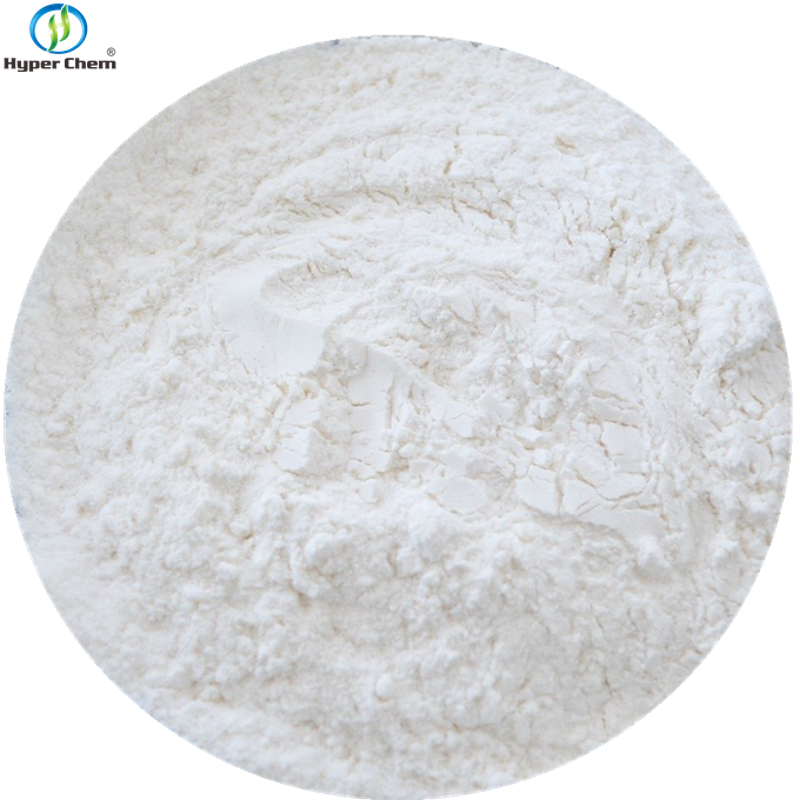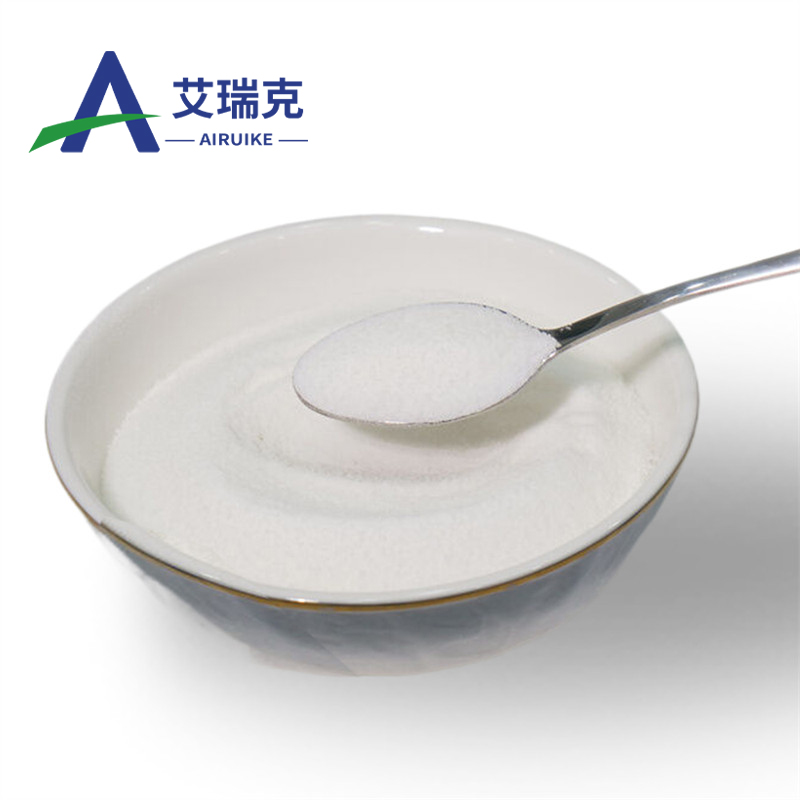-
Categories
-
Pharmaceutical Intermediates
-
Active Pharmaceutical Ingredients
-
Food Additives
- Industrial Coatings
- Agrochemicals
- Dyes and Pigments
- Surfactant
- Flavors and Fragrances
- Chemical Reagents
- Catalyst and Auxiliary
- Natural Products
- Inorganic Chemistry
-
Organic Chemistry
-
Biochemical Engineering
- Analytical Chemistry
-
Cosmetic Ingredient
- Water Treatment Chemical
-
Pharmaceutical Intermediates
Promotion
ECHEMI Mall
Wholesale
Weekly Price
Exhibition
News
-
Trade Service
Duchenne muscular dystrophy is a severe, progressive, X-linked disease that affects both skeletal and cardiac muscle and severely reduces life expectancy
.
Patients with Duchenne muscular dystrophy develop progressive quadriplegia, restrictive lung disease, and worsening cardiomyopathy; these factors combine to eventually lead to death, usually in the second to fourth decade
Duchenne muscular dystrophy is a severe, progressive, X-linked disease that affects both skeletal and cardiac muscle and severely reduces life expectancy
Immune cardiosphere-derived cells (CDCs) are a type of stromal or precursor cells that have been shown in preclinical and clinical studies to exert immunomodulatory, anti-fibrotic and regenerative roles in malnutrition and heart failure (Appendix 4-12 )
In an experimental model of Duchenne muscular dystrophy, cardiomyocyte-derived cells (CDCs) ameliorated skeletal and cardiac muscle deterioration
.
A study published today in The Lancet evaluated the long-term safety and efficacy of repeated intravenous administration of CAP-1002 in Duchenne muscular dystrophy in the HOPE-2 trial
A study published today in The Lancet evaluated the long-term safety and efficacy of repeated intravenous administration of CAP-1002 in Duchenne muscular dystrophy in the HOPE-2 trial
In this multicenter, randomized, double-blind, placebo-controlled, phase 2 multicenter trial , patients 10 years of age or older with Duchenne muscular dystrophy were enrolled at seven centers in the United States
.
Patients were randomly assigned (1:1) to receive IV infusions of CAP1002 (1.
Multicenter, randomized, double-blind, placebo-controlled phase 2 multicenter trial
- Between March 1, 2018 and March 31, 2020, 26 male patients with Duchenne muscular dystrophy were enrolled, 8 of whom were randomly assigned to the CAP-1002 group and 12 to the placebo group (6 was not randomly assigned due to screening
failure) . - Among patients who received post-treatment PUL1.
2 assessments (8 in the CAP-1002 group and 11 in the placebo group), the mean 12-month change in median elbow PUL1.
2 favored CAP-1002 over placebo (100 Quantile difference 36.
2, 95% confidence interval 12.
7-59.
7; difference 2.
6 points; p=0.
014)
. - Infusion-related anaphylaxis was observed in 3 patients with no long-term sequelae, and 1 patient discontinued treatment due to severe anaphylaxis
.
No other major adverse reactions were noted, and no deaths occurred
CAP-1002 cell therapy appears to be safe and effective in reducing the deterioration of upper extremity function in patients with advanced Duchenne muscular dystrophy
McDonald CM, Marbán E, Hendrix S, et al.
leave a message here







